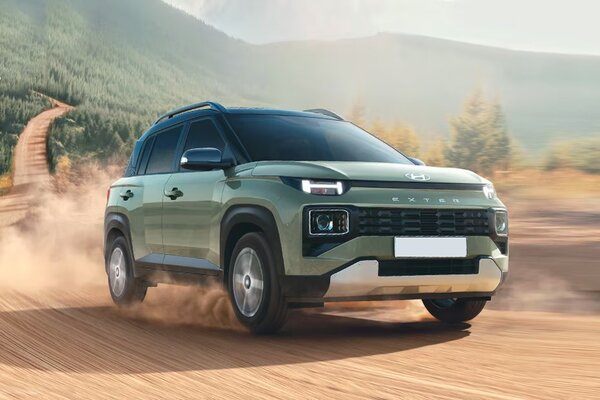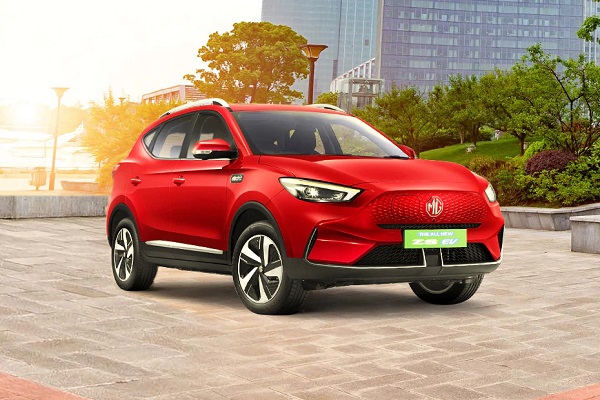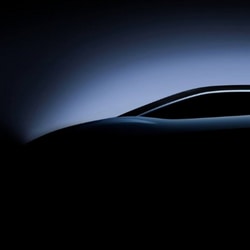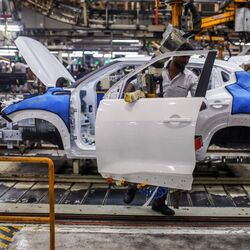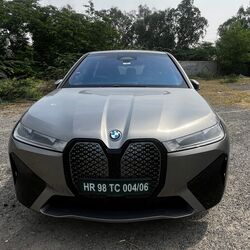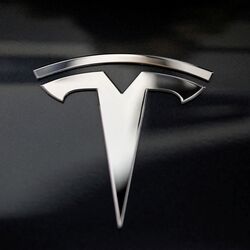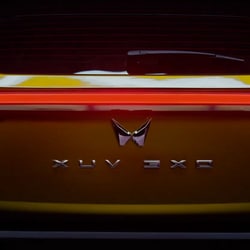Hyundai open to using synthetic fuels in ICE cars. Details here
- Hyundai is exploring multiple options to achieve the zero-emission mobility target, and synthetic fuel is a part of that.


Hyundai is exploring multi-pronged ways to achieve greener and cleaner mobility. Besides being bullish on electrification and hydrogen fuel cell technology, Hyundai is also keeping its option open to use synthetic fuels in the internal combustion engine-powered vehicles. This strategy will allow the South Korean carmaker to continue with the ICE vehicles amid its growing push for electrified mobility solutions.
Hyundai is not the only automaker that is interested in the synthetic fuel technology. Several other car companies are not ready yet to give up internal combustion engines. To keep them viable amid the growing push for electric mobility, these auto companies have started developing g ways to save the ICEs through synthetic fuels, which are also known as e-fuels. Synthetic fuel is zero emission, just like the battery electric technology. However, widespread commercial use of the synthetic fuel is still a goal at this point.
Also check these Cars
Also Read : Hyundai Verna 2023: Does it take the fight to SUVs?
Speaking about the brand's strategy for synthetic fuel, Woo Suk Kim, Head of Hyundai's Asia Product Planning Team, has said that the automaker is currently on electric vehicles and hydrogen-powered cars. He also revealed that the auto company is not venturing into developing other types of fuels at this time.
Jin Cha, Vice President and Head of Hyundai's Global PR Corporate Strategy & Planning Team, said that the auto company is not ruling out the possibility of developing the use of synthetic fuel. "With several employees under our belt, we’re not entirely sure of what each engineer is currently working on in terms of research, so that’s why we can't rule out the possibility of Hyundai developing the use of synthetic fuel. However, at this time, there isn't any commercialization of synthetic fuels from our end, but who knows about the future?" he added.
Interestingly, shifting to synthetic fuels for the ICE vehicles will allow Hyundai to sell its combustion engine-equipped cars in Europe even after 2035, as the European Union has agreed on a compromise over a proposed ban on combustion-powered vehicles starting in 2035.








 64.8 kWh
64.8 kWh 418 Km
418 Km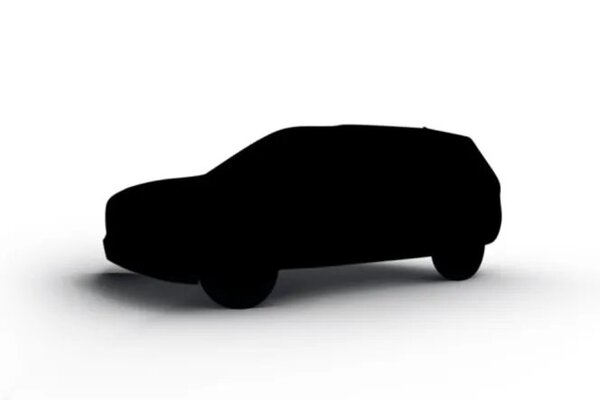
 1499 cc
1499 cc Petrol
Petrol